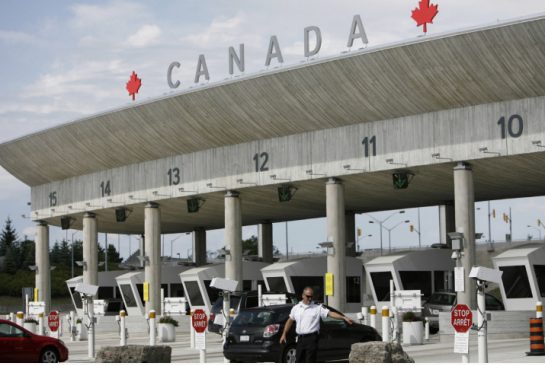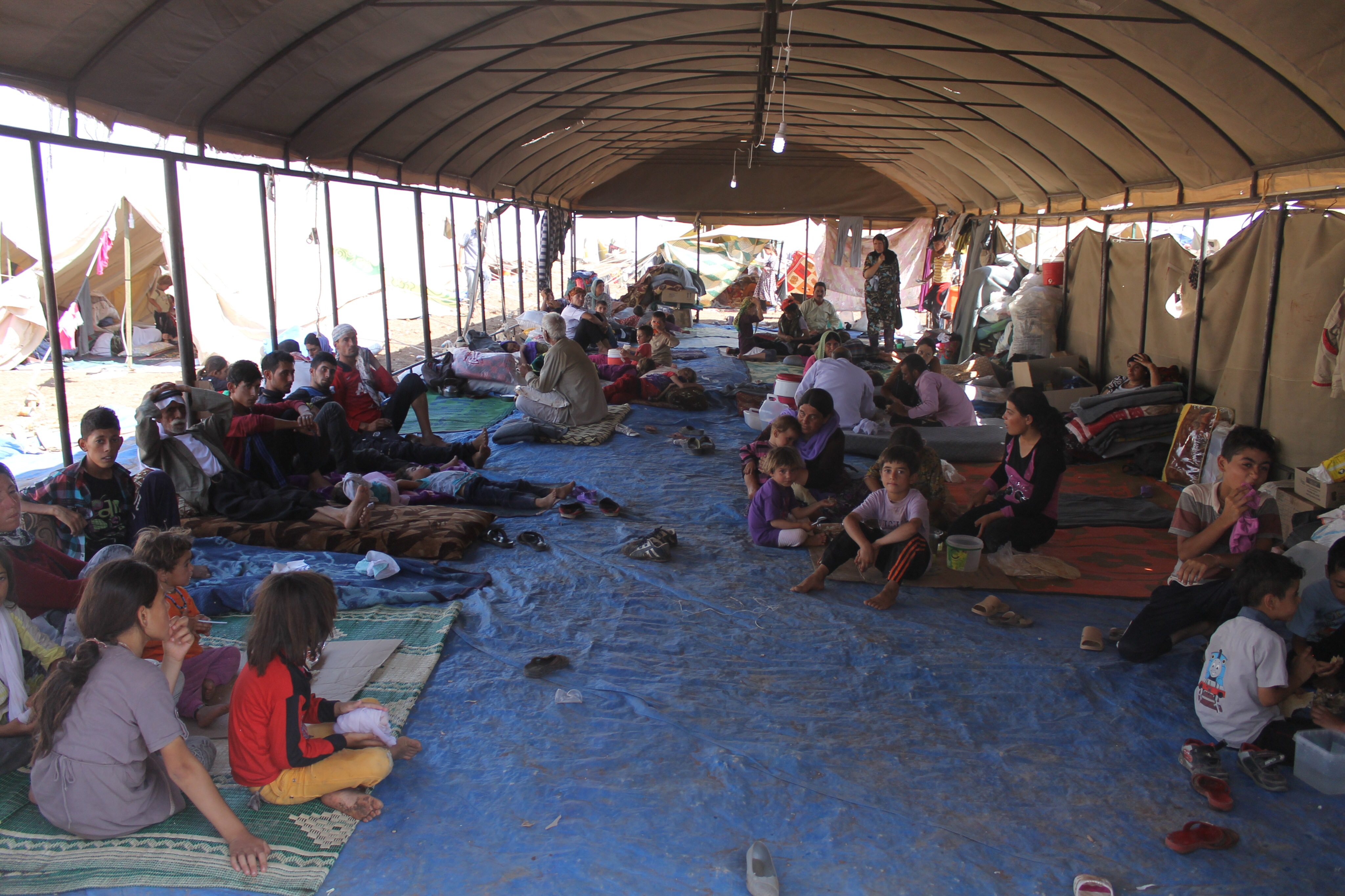 In an effort to maintain security on the Canada and U.S. border, the RCMP is developing a high tech $92-million surveillance system by 2018. The initiative, formally known as the Border Integrity Technology Enhancement Project, was implemented under the 2014 federal budget.
In an effort to maintain security on the Canada and U.S. border, the RCMP is developing a high tech $92-million surveillance system by 2018. The initiative, formally known as the Border Integrity Technology Enhancement Project, was implemented under the 2014 federal budget.
Several highly advanced surveillance technologies will be installed in border areas, including thermal radiation detectors, unattended ground sensors, cameras, radar and license plate readers. The equipment, both covert and overt, will be linked to a “geospatial intelligence and automated dispatch centre.” The project will span over 700 km from the Quebec-Maine border to Morrisburg, Ont., then along the St. Lawrence Seaway, across Lake Ontario, and ending just west of Toronto in Oakville. The technology will enable law enforcement officials to access alerts, instant imagery and predictive analysis reports for high probability targets throughout the border surveillance zone.
Experts speculate the information collected through the surveillance web could one day be accessed by the United States. Assistant RCMP Commissioner Joe Oliver maintains it is in Canada’s national security interest to “explore new ways of deepening and strengthening collaboration [between Canada and the U.S.]. A threat to Canada is a threat to the U.S. and vice versa.” However, the sharing of information between Canadian and U.S. law enforcement officials raises potential privacy concern issues, which may delay the interoperability process.
Assistant Commissioner Oliver stated, “Unmanned drones will not be part of the high-tech arsenal.” However, the Associated Press has recently reported that the U.S. government plans to expand their Mexican border drone patrol strategy to the Canadian border. If the program encourages collaboration with the U.S. Canada may be forced to allow deployment of drone border surveillance.
The Border Enhancement Project will set a precedent for a new level of surveillance in Canada. Is the RCMP surveillance initiative and cooperation with the U.S. advancing national security interests or contributing to a ‘police state’? The Canadian public needs to be aware of the implications of the program, which needs to be scrutinized by justice experts in an effort to protect individual rights while concurrently promoting public safety.




